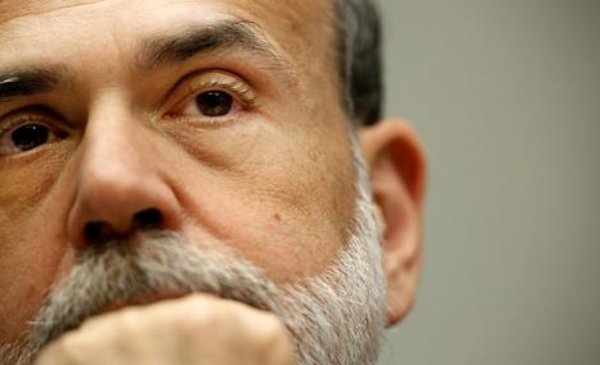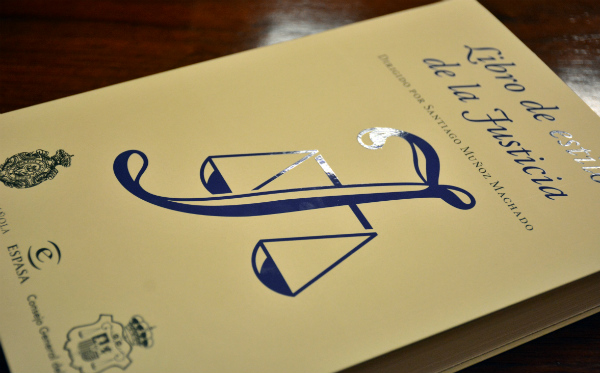Bernanke (68) became Fed chairman in February 2006, just before the collapse of the US housing market that triggered a global crisis of enormous proportions.
Many analysts say that the aggressive and unorthodox measures he pushed through allowed the Fed to shore up the financial system and keep credit flowing, preventing a repeat of a calamity like the Great Depression of the 1930s, an era of which Bernanke is a fan. studious.
Nevertheless, his critics argue that he did little to avert the crisis and may have helped fuel his causes as Fed governor from 2002-2005, then under the presidency of Alan Greenspan; and then at the head of the Council of Economic Advisers to President George W. Bush (2001-2009).
The Nobel jury awarded him the prize along with fellow American economists Douglas Diamond and Philip Dybvig for having “significantly improved our understanding of the role of banks in the economy, particularly during financial crises, as well as how regulate financial markets.
Bernanke was noted for his analysis of “the worst economic crisis in modern history”: the Great Depression of the 1930s. He published a book of essays on the subject and co-authored another on the 2008 financial crisis.
He is now a member of the Brookings Institution think tank and a senior adviser to asset management firms Pimco and Citadel, appointments that raised concerns about the “revolving door” between Washington and Wall Street.
“Creative Leadership”
In recognition of his actions during the global financial crisis, he was named “Person of the Year” by Time magazine in 2009, which listed him as “the most important figure guiding the world’s most important economy.”
“His creative leadership helped make 2009 a period of feeble recovery rather than catastrophic depression,” Time writer Michael Grunwald wrote.
Republican Bush’s successor, Democrat Barack Obama, kept Bernanke at the helm of the central bank, a post he held until 2014.
Bernanke always emphasized the importance of transparency in the communications of the monetary entity, moving away from Greenspan’s bombastic statements. And unlike his predecessor, He often spoke to the press.
Joseph Brusuelas, director of Moody’s Analytics, once said that the Fed’s unorthodox response to the global financial crisis was “unprecedented” as it cut its guide rate to zero and “flooded the financial system with liquidity.”
The Fed’s actions, he added, “slowly rebuilt confidence in the banking system.”
Jeffrey Sachs, an economist at Columbia University, said in September 2008, on the occasion of the collapse of Lehman Brothers, that “a depression seemed possible” but that action by central banks “kept the financial markets from collapsing.”
Lehman, “big mistake”
But others criticize Bernanke for not anticipating the seriousness of the situation: in 2007when the first symptoms of the subprime mortgage crisis emergedassured Congress that the consequences would be limited.
Others accuse him of not having acted quickly enough to lower interest rates once the magnitude of the crisis became clear.as the Fed adopted a stance of a slow rate cut, before the emergency lowering of January 2008.
Among Bernanke’s critics, the late economist Allan Meltzer of Carnegie Mellon University said the Lehman collapse represented a mistake of historic proportions.
“Allowing Lehman to fail without warning is one of the great mistakes in the history of the Federal Reserve,” he wrote in an essay in The Wall Street Journal.
The son of a pharmacist and a teacher, Bernanke was born on December 13, 1953, into a Jewish home in heavily Christian Augusta.Georgia, though he spent his childhood in Dillon, a South Carolina farming town of 7,500.
He was a star student, achieving a near perfect score on the college entrance exam. He studied economics at Harvard, graduating with honors in 1975. He then obtained a PhD in Economics from the Massachusetts Institute of Technology (MIT).
He worked at Princeton for 17 years before joining the Federal Reserve board in 2002.
Source: AFP


















